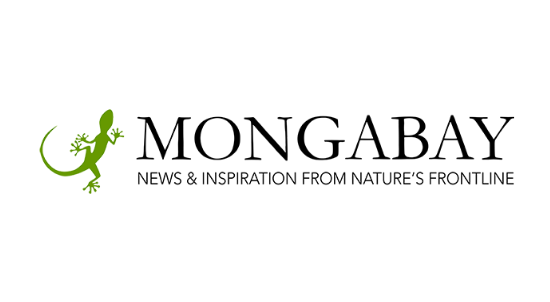Rio Tinto-linked mine still not fulfilling promises to Mongolian herders

In 2004, nomadic herders in Mongolia’s Gobi Desert faced a daunting prospect. One of the world’s largest copper-gold mines, Oyu Tolgoi, was settling in, and herder communities were being forced to resettle without consultation. For many of them, everything fell apart that year when they faced the prospect of losing access to water and lush pasturelands.
But they turned to an accountability group for help, filed two complaints against Oyu Tolgoi — and, in a rare success story, reached a deal with the mining company in 2017. Herders, local government officials and company representatives met, formed a three-party council to resolve disputes, and reached an agreement on 60 separate commitments.
“It was the least we could do. The water wells and springs that the herders and animals survived on were drying right in front of our eyes after the mining operated,” says Battsengel Lkhamdoorov, one of the herders who lost his occupation and initiated the complaint. “We were not consulted before the mining operation and impacts, so we had to speak up.”
But years later, experts say important commitments remain unmet. A report by the three-party council, Accountability Counsel (an NGO that advocates for communities affected by internationally funded projects) and the NGO Oyu Tolgoi Watch found that two-thirds of the commitments were either complete or in progress as of June 2020. Four years on, little has changed, they tell Mongabay. Some of the most significant commitments — on ensuring herders’ access to water, pasture and markets — are making no progress.
Read the full article from Mongabay here.

